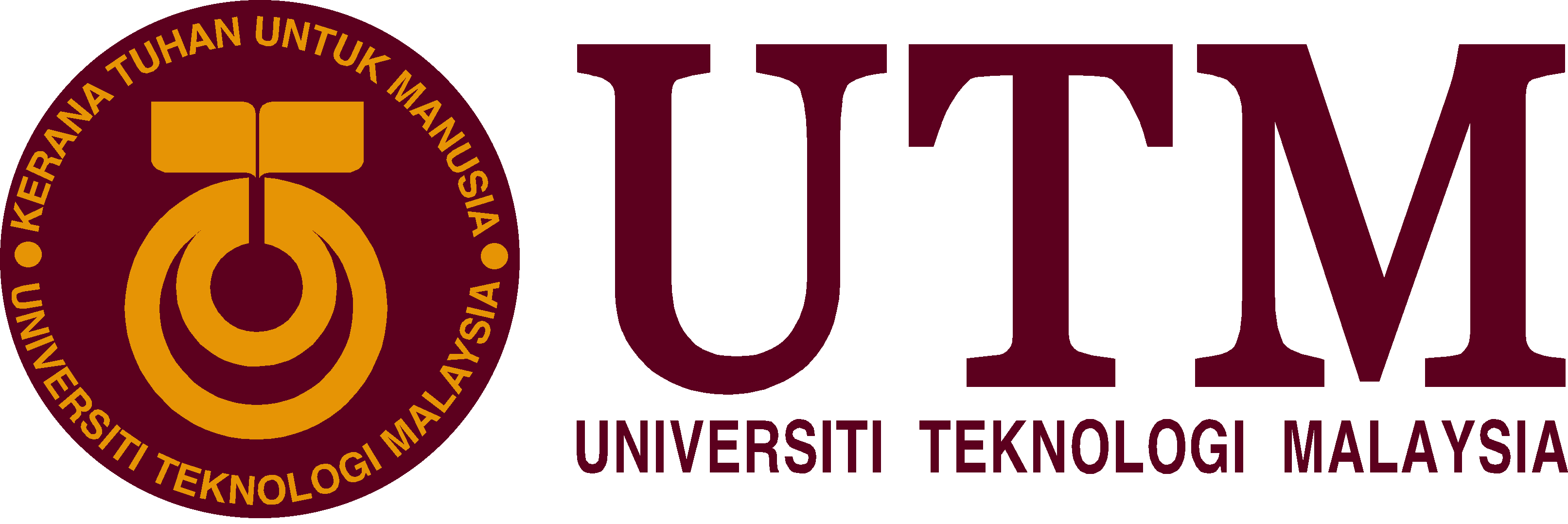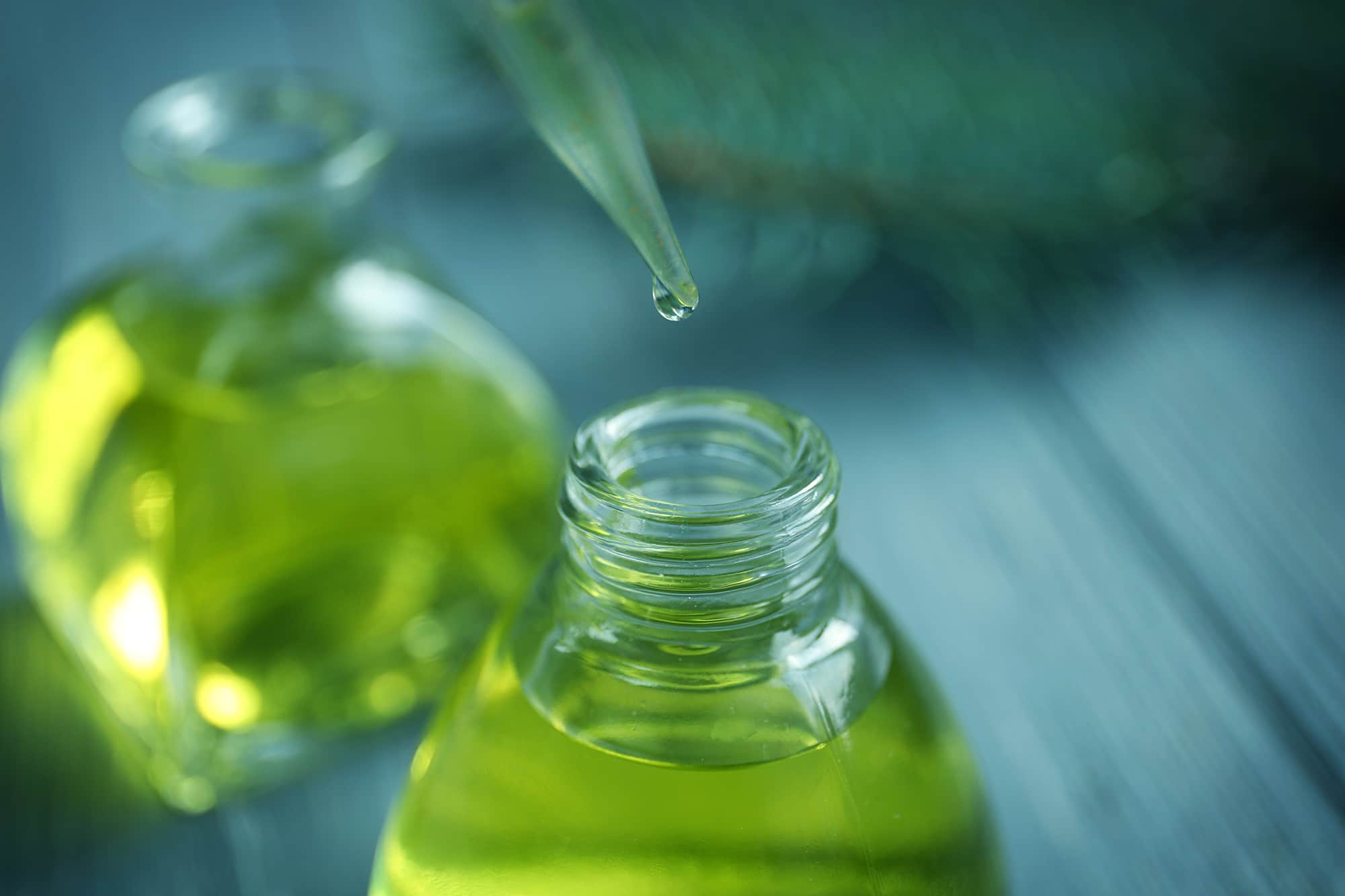Assoc. Prof. Dr. Liza Md. Salleh
The extraction of natural products, for example in the perfume industry, was considered “clean” when compared with heavy chemical industries, but researchers and professional specialists found that its environmental impact is far greater than first appeared. The overall environmental impact of an industrial extraction cycle is not easy to estimate; however, it is known that it requires at least 50% of the energy of the whole industrial process. In spite of the high energy consumption and a large amount of solvents, often the yield is indicated in decimals. For example, a single milliliter of the rose absolute that weighs less than 1 gram requires not only 1 kg of fresh roses as raw material but also a large number of solvents (n-hexane, alcohol), energy (fossil) and water as a cooling agent.
The extraction of natural products has been used probably since the discovery of fire. Egyptians and Phoenicians, Jews and Arabs, Indians and Chinese, Greeks and Romans, and even Mayas and Aztecs, all possessed innovative extraction processes (maceration, alembic distillation, etc.) used even for perfume, medicine or food. Nowadays, we cannot find a production process in the perfume, cosmetic, pharmaceutical, food, biofuel, or fine chemical industries, which does not use extraction processes, such as (maceration, steam or hydro-distillation, pressing, decoction, infusion, percolation and Soxhlet extraction). In the food industry, besides the well established huge extraction processes of sugar beet and sugar cane, and the preparation of decaffeinated tea and coffee, many formulations have been developed by adding plant extracts and nutraceuticals concentrates. Bioactive compounds or their precursors (antibiotics, chemo-preventive agents, alkaloids, etc.) are extracted by the pharmaceutical industry, either with conventional methods or modern technologies. Recent trends in extraction techniques have largely focused on finding solutions that minimize the use of solvents. This, of course, must be achieved while also enabling process intensification and cost-effective production of high-quality extracts.
One of the green extraction technology of natural products is supercritical fluid extraction (SFE). SFE is the process of separating one component (the extractant) from another (the matrix) using supercritical fluids as the extracting solvent. Extraction is usually from a solid matrix, but can also be from liquids. SFE can be used as a sample preparation step for analytical purposes or on a larger scale to either strip unwanted material from a product (e.g., decaffeination) or collect a desired outcome (e.g., essential oils). These essential oils can include limonene and other straight solvents. Carbon dioxide is the most used supercritical fluid, sometimes modified by co-solvents such as ethanol or methanol. Extraction conditions for supercritical carbon dioxide are above the critical temperature of 31 °C and a critical pressure of 74 bar. The addition of modifiers may slightly alter this. The discussion below will mainly refer to extraction with carbon dioxide, except where specified.




